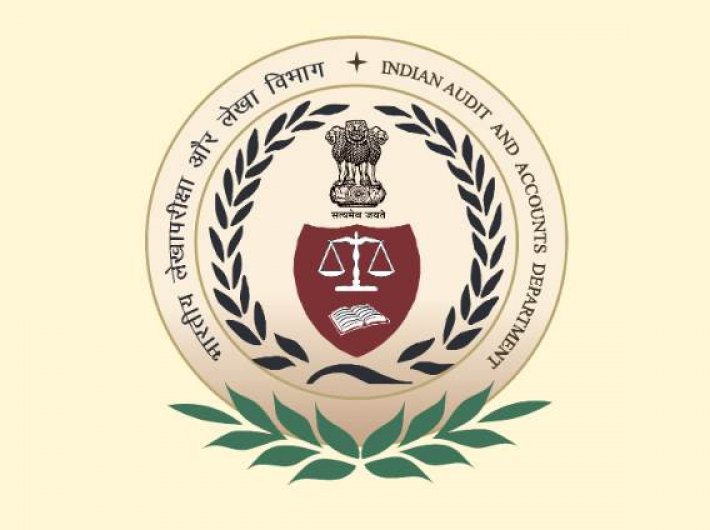The report also points out vulnerability of the state’s coastline to anti-national elements and poor implementation of paddy procurement scheme
Accommodating juveniles in conflict with law (JCLs) with multiple crimes along with other inmates in combined observation homes (OHs)/special homes (SHs) was in violation of law, noted a report of the Comptroller and Auditor General of India on Odisha.
“Functioning of observation homes and special homes in the state was poor due to non-availability of adequate space and keeping under trial and confirmed offenders in the same premises,” said the report, which added that delay in disposal of cases by juvenile justice boards (JJBs) and non-completion of enquiries by the child welfare committees (CWCs) within the stipulated period resulted in detention of juveniles/children for longer periods in OH/SHs and child care Institutions (CCIs), resulting in denial of timely justice.
It observed that infrastructure like dormitory, bathrooms, latrines, drinking water, kitchen, playground, etc. were either absent or inadequate. Required posts for whole time staff for different homes were not sanctioned. Medical check-up of juveniles, vocational training and counselling facility were almost absent in the juvenile homes. Lack of aftercare rehabilitation, mandated inspections by CWCs and mechanism to track the JCLs after their release rendered the functioning of all the OH/SHs ineffective in mainstreaming the juveniles.
Read: A glimpse into the life in juvenile observation home
Regarding implementation of coastal security scheme, the CAG report said that Odisha has a 476.70 kilometre long coastline which is vulnerable to export/import of illegal arms, contraband articles via sea route, unauthorised fishing, and entry of anti-national elements from the neighbouring countries.
“The objective of securing the coastline of the state through establishment of Marine Police Stations and sea patrolling was not achieved despite receipt of financial assistance from the government of India (GoI) under Coastal Security Scheme. Utilisation of funds meant for establishing basic infrastructure under the scheme was only 31.07 per cent for Phase-II of the scheme even after four years of receipt of funds from GoI.
“Required infrastructure like buildings for police stations, barracks and jetties are yet to be constructed. Besides, equipment and vehicles were either not purchased or utilised for other purposes. Required manpower in the marine police stations was not deployed. The utilisation of available manpower and equipment was not adequate as sea patrolling was conducted only for 2,805 hours as against requirement of 81,000 hours during 2012-15.”
On paddy procurement, the CAG report said that decentralised procurement scheme (DPS) was introduced to enhance the efficacy of procurement of paddy for public distribution system (PDS) by encouraging local procurement and extending the benefits of minimum support price (MSP) to farmers.
“Paddy Procurement Centres (PPCs) were not functioning properly as delay/non-opening of PPCs, absence of godown facilities, non-calibration of weighing machines and non-intimation of actual dates of procurement to farmers were noticed,” it said.
The report went on to say that against marketable surplus of 8,512.44 quintals, “17,981.51 quintals i.e. 9,469.07 quintals excess paddy was procured from 25 farmers and 1,914.19 quintals of paddy was procured from 19 farmers who had no agricultural land”.
“Similarly, paddy was also procured without verifying farmers’ identity, without issuing vendors receipts, etc. The payments to farmers were either delayed or not paid. In seven test checked districts, MSP of Rs 22.61 crore was paid to 2,635 farmers for procurement of 18,001.96 MT of paddy with a delay ranging from 2 to 188 days. Thus, a robust system to manage the procurement operation of paddy under MSP scheme was not established and the same was not commensurate to the magnitude of the procurement involved (Rs 25,509 crore) for 2010-15.
Read the complete CAG report
